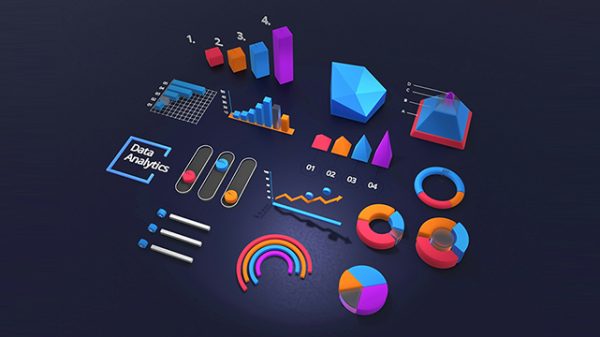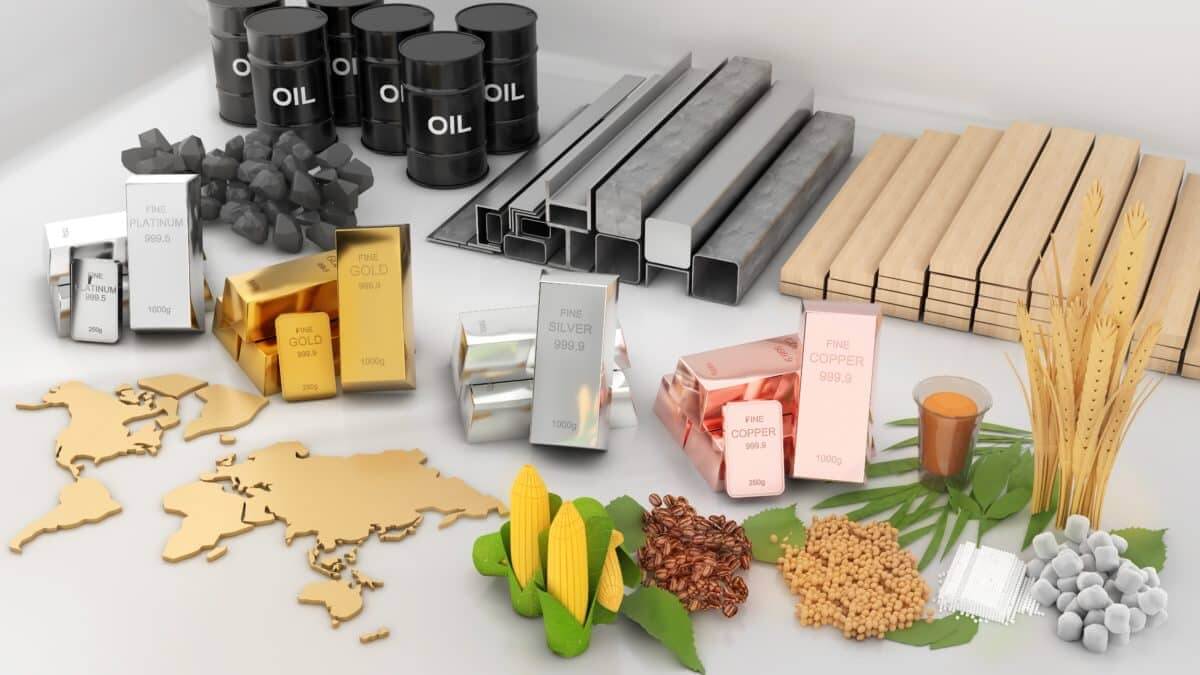Examining the Latest Patterns in Commodities Trading
The global commodity market is a complex ecosystem encompassing many products, including energy, metals, and agricultural commodities. These commodities are crucial in the world economy, impacting various sectors and influencing people’s lives worldwide. Commodities trading, a vital component of this market, plays a significant role in determining the prices and availability of these essential resources.
This article will explore the recent developments in three key commodities – energy, metals, and agriculture – providing insights into their market trends and shedding light on their significance in today’s global landscape, including the role of commodities trading platforms.
Energy: Oil Gains Momentum
In recent weeks, the oil market has shown signs of recovery as oil prices rebounded after a period of decline. This is reflected in that oil recorded its first week of gains since mid-April. The ICE Brent, a benchmark for global oil prices, settled 1.9% higher over the last week, trading above the significant threshold of US$75 per barrel (bbl.).
This increase in oil prices can be attributed to various factors, such as the easing of pandemic-related restrictions, increased demand as economic activities resume, and geopolitical developments affecting oil-producing regions. Therefore, these factors collectively contribute to the supply and demand dynamics in the oil market.
Commodities trading: Metals
As the world’s largest producer and consumer of metals, China has witnessed a notable rise in metal output. This surge in production significantly impacts global metal markets and influences the prices of metals worldwide. The increased metal output in China reflects the country’s ongoing industrialization and infrastructure development.
On Friday, the weekly copper stocks had decreased by 15,872 tonnes to 102,511 tonnes. Among other commodities, weekly exchange inventories for nickel plunged precipitously by 48% WoW to a new low of 908 tonnes. However, in comparison, inventories for aluminum fell 9% WoW, and as of Friday, stocks for zinc and lead plummeted 7.6% and 20.2%, respectively.
The increased supply from China could affect the prices of metals, benefiting industries that rely on these materials for their operations, such as construction, manufacturing, and electronics.
Agriculture: Declining Corn Imports in China
Recent data indicate a decline in China’s corn imports in the agricultural sector. Corn is a staple crop and essential feedstock in global food supply chains. The decrease in corn imports by China can have far-reaching implications domestically and internationally.
The decline in corn imports from China could indicate increased domestic production, changes in agricultural policies, or shifts in consumption patterns. Understanding these dynamics is crucial, as changes in corn imports by a major player like China can affect global food prices, trade flows, and market sentiment. It also highlights the importance of self-sufficiency and food security measures in national agricultural strategies.
In conclusion, investors and policymakers must stay informed about market trends, geopolitical factors, and technological advancements in commodities trading and commodity funds as these commodities evolve to make well-informed decisions when investing in commodities.
The post Examining the Latest Patterns in Commodities Trading appeared first on FinanceBrokerage.
























